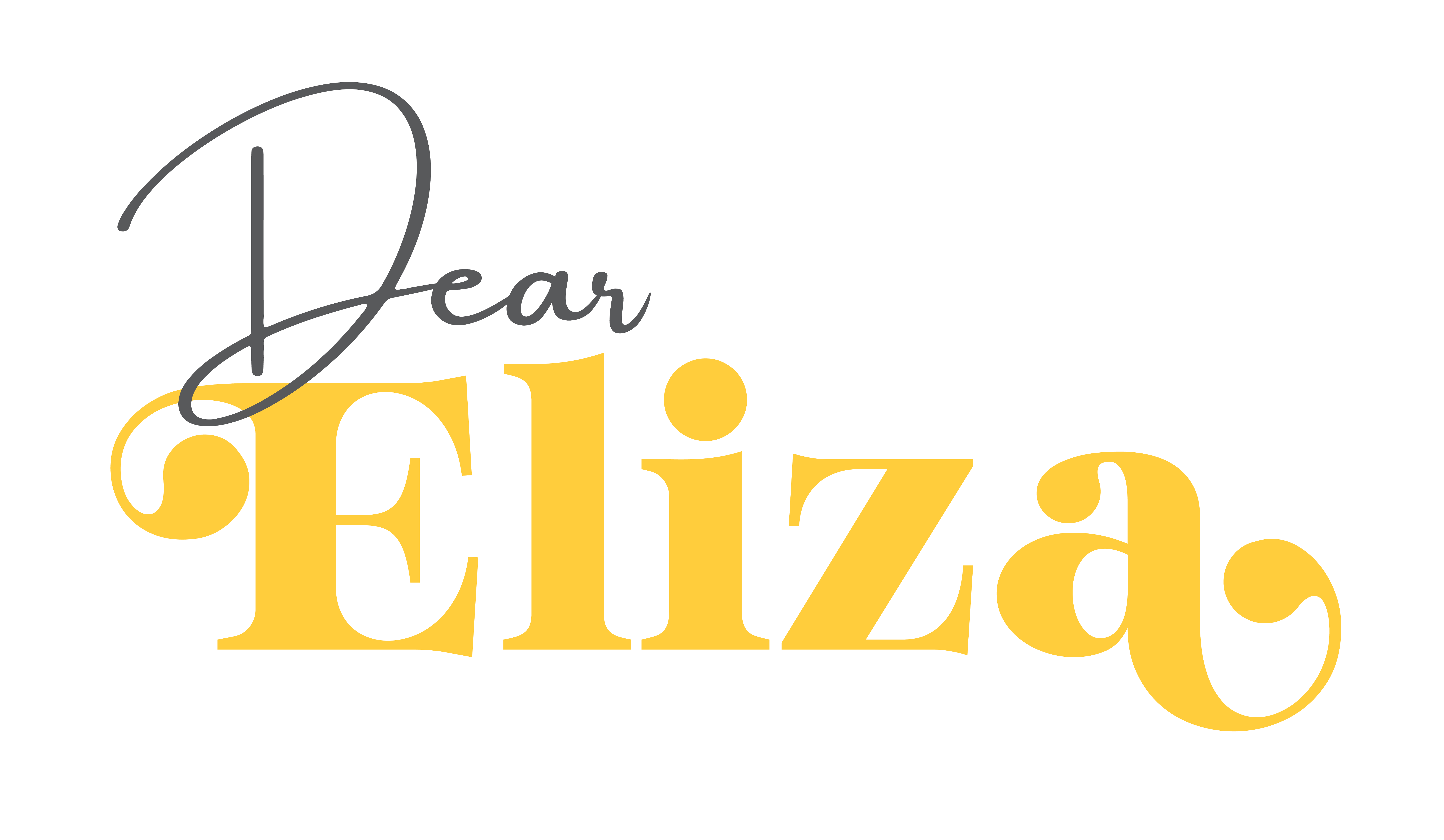As the rains descend and the days grow shorter, many of us in this beautiful city are familiar with the telltale signs of the changing seasons. While Vancouver offers a breathtaking natural landscape and a vibrant urban scene, it’s not immune to a common phenomenon known as Seasonal Affective Disorder (SAD). Let’s talk more about how SAD affects the people of Vancouver, and most importantly, how to manage and cope with it.
Educate yourself on Seasonal Affective Disorder
Seasonal Affective Disorder, aptly abbreviated as SAD, is a form of depression that typically occurs during the fall and winter months when natural daylight diminishes. Vancouver’s geographical location on the west coast of Canada means that during these seasons, the city experiences shorter daylight hours and often, persistent cloud cover. This lack of natural light can significantly impact mood and energy levels, giving rise to SAD.
Recognizing the symptoms of SAD is the first step in addressing it effectively. Common symptoms include:
- Persistent feelings of sadness and hopelessness
- Increased irritability and mood swings
- Difficulty concentrating
- Fatigue and low energy levels
- Changes in sleep patterns, often including oversleeping
- Weight gain and increased appetite, particularly for carbohydrates
- Withdrawal from social activities and reduced interest in hobbies
The Vancouver Connection
Vancouver’s unique climate, characterized by mild, wet winters and overcast skies, makes it particularly susceptible to SAD. The combination of shorter daylight hours and a predominance of cloudy days can aggravate the disorder in individuals already prone to it.
Coping with SAD
The good news is that there are several strategies to cope with SAD effectively, even in Vancouver’s winter climate:
- Light Therapy – Light therapy, or phototherapy, involves exposure to bright, artificial light that mimics natural sunlight. Many Vancouverites find this therapy beneficial in managing SAD symptoms. Consult a healthcare professional to determine if light therapy is right for you.
- Stay Active – Regular physical activity can significantly improve mood and energy levels. Vancouver’s stunning natural surroundings provide countless opportunities for outdoor activities. Consider jogging along the Seawall, hiking in the nearby mountains, or even a simple stroll in a city park.
- Maintain a Healthy Diet – A balanced diet rich in fruits, vegetables, and whole grains can help regulate mood. Try to resist the temptation of overindulging in comfort foods, as this can aggravate SAD symptoms.
- Socialize and Seek Support – Connecting with friends and loved ones is vital. Vancouver offers a diverse range of social and community activities. Don’t hesitate to reach out for support if you’re struggling; there are numerous mental health resources available.
- Embrace Indoor Hobbies – Vancouver’s arts and cultural scene is vibrant, even during the winter months. Engaging in indoor hobbies like painting, cooking, or joining local clubs can provide a sense of purpose and fulfillment.
While Vancouver’s winter months can present challenges for those dealing with Seasonal Affective Disorder, it’s important to remember that there is hope and help available. By recognizing the symptoms, seeking support, and implementing coping strategies, Vancouverites can navigate the shadows of SAD and emerge into the vibrant light of spring with renewed energy and positivity.
With resilience and community support, we can conquer the winter blues together.





